Mythology
-
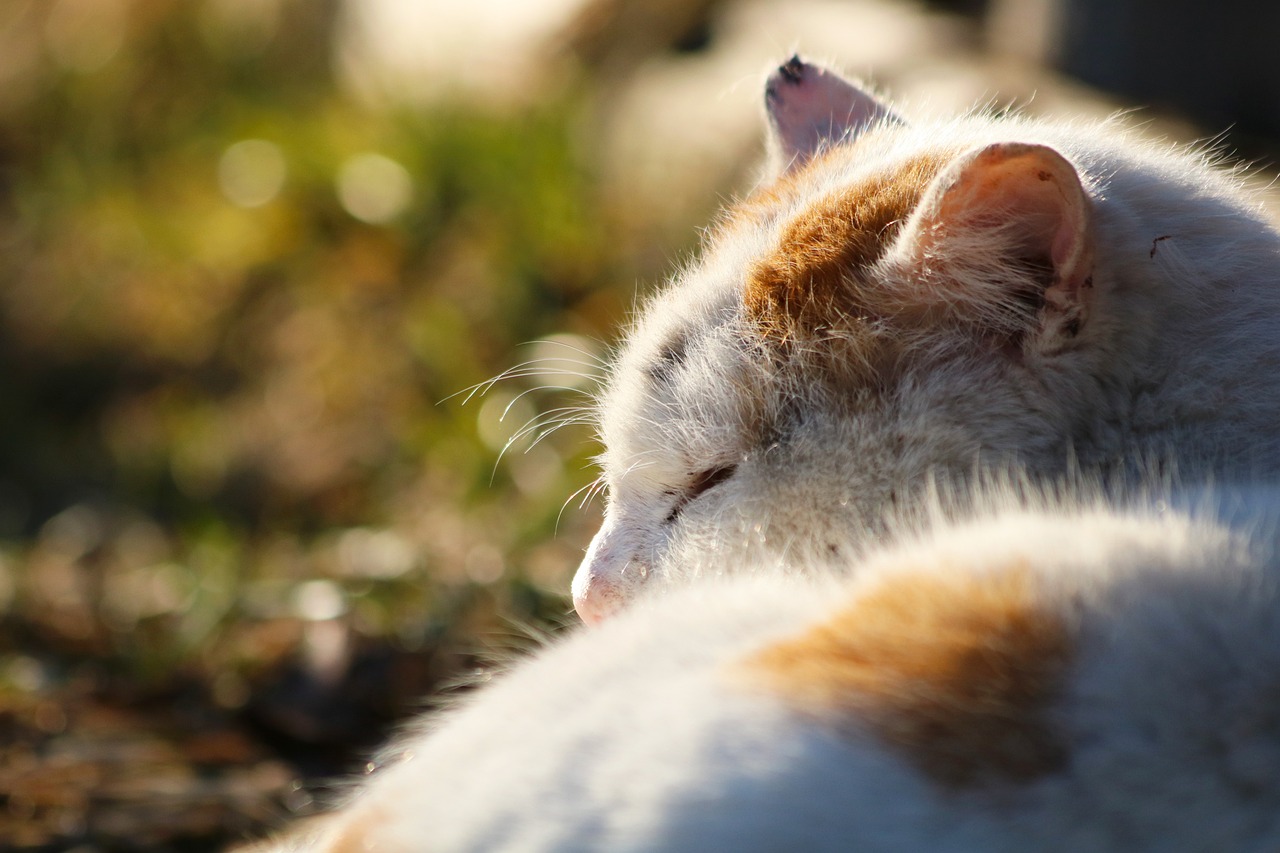
Hypnos holds a significant position in Greek mythology as the embodiment of sleep, representing a vital facet of human existence. He is the offspring of Nyx, the goddess of the night, and Erebus, the god of darkness. Hypnos shares a close bond with his twin brother, Thanatos, who governs death. Together, they possess the unique…
-

Fortuna, the embodiment of destiny, chance, and fate, held a significant place in the hearts of ancient Romans. Recognized for her immense influence, she guided mortals in their pursuit of good fortune, regarded both by the highest emperors and the lowest citizens. The reverence for Fortuna spawned countless myths, legends, and cultural practices over centuries,…
-
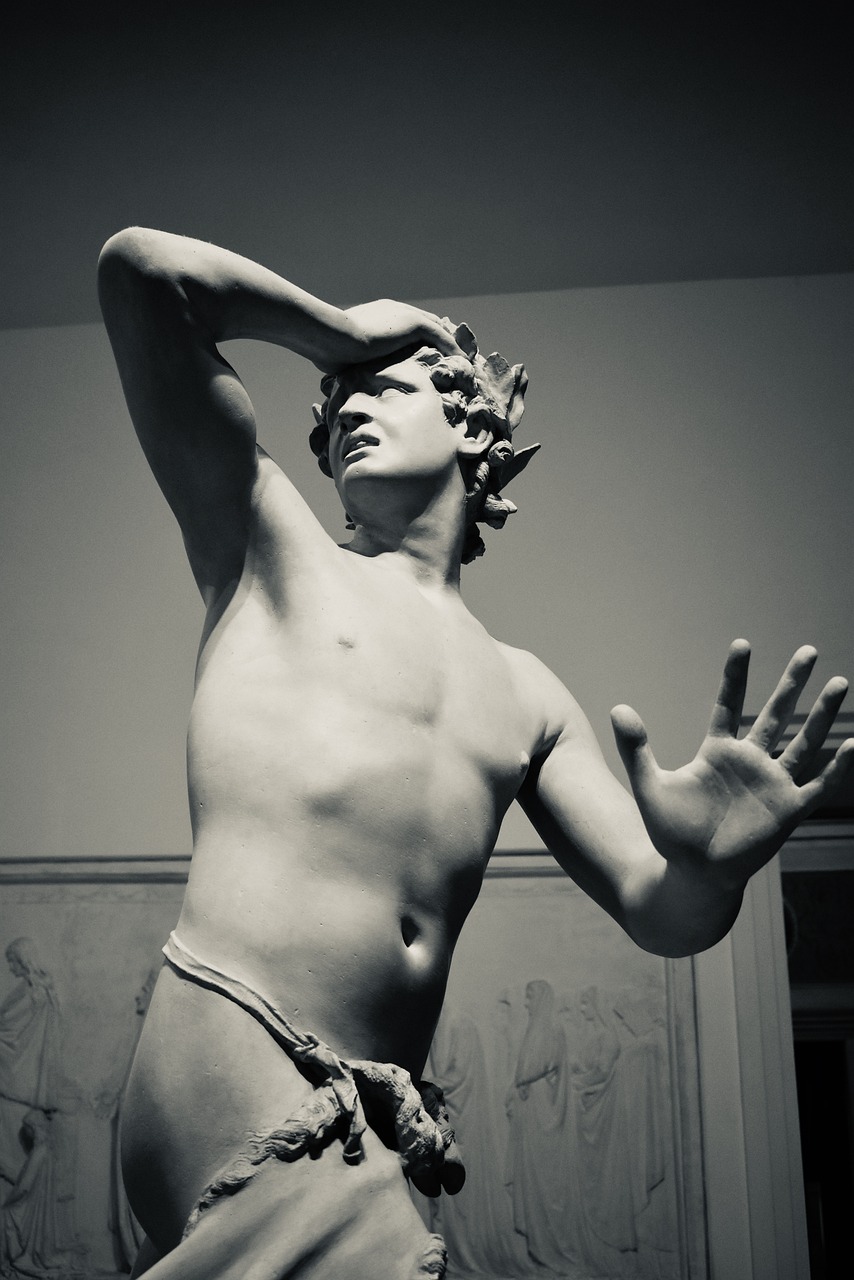
The narrative of Orpheus and Eurydice has been a profound source of inspiration among ancient authors like Apollonius of Rhodes, Virgil, and Ovid, and has also found its way into modern retellings such as that of Edith Hamilton in her work, “Mythology.” The Origins of Orpheus Orpheus, hailing from noble lineage, was born to a…
-
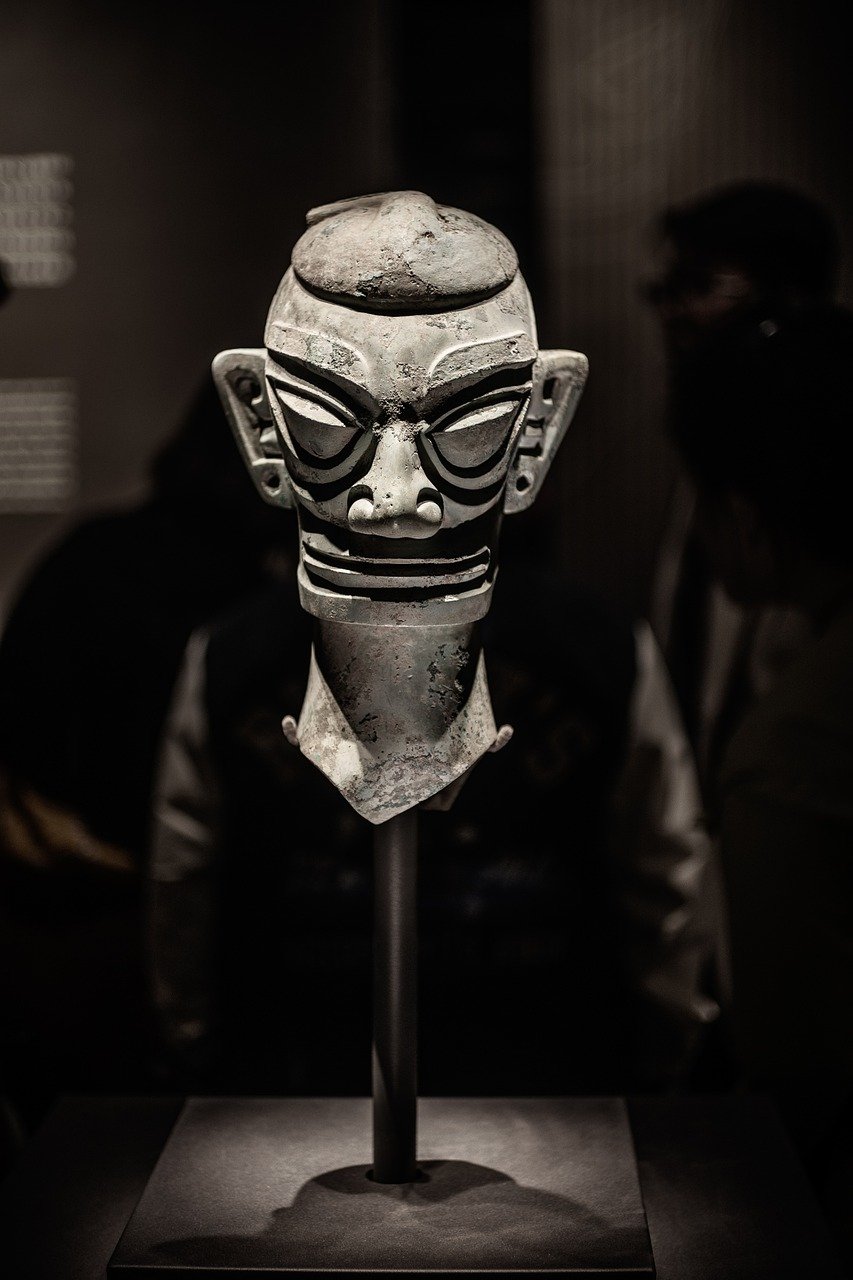
A few years back, the British Museum hosted an exhibition entitled Living with Gods, which suggested that religion is essential to our human experience. Despite some reservations I had about the exhibition, this concept intrigues me — if religion is vital, what role does it play in our lives? One fundamental aspect of religion is…
-
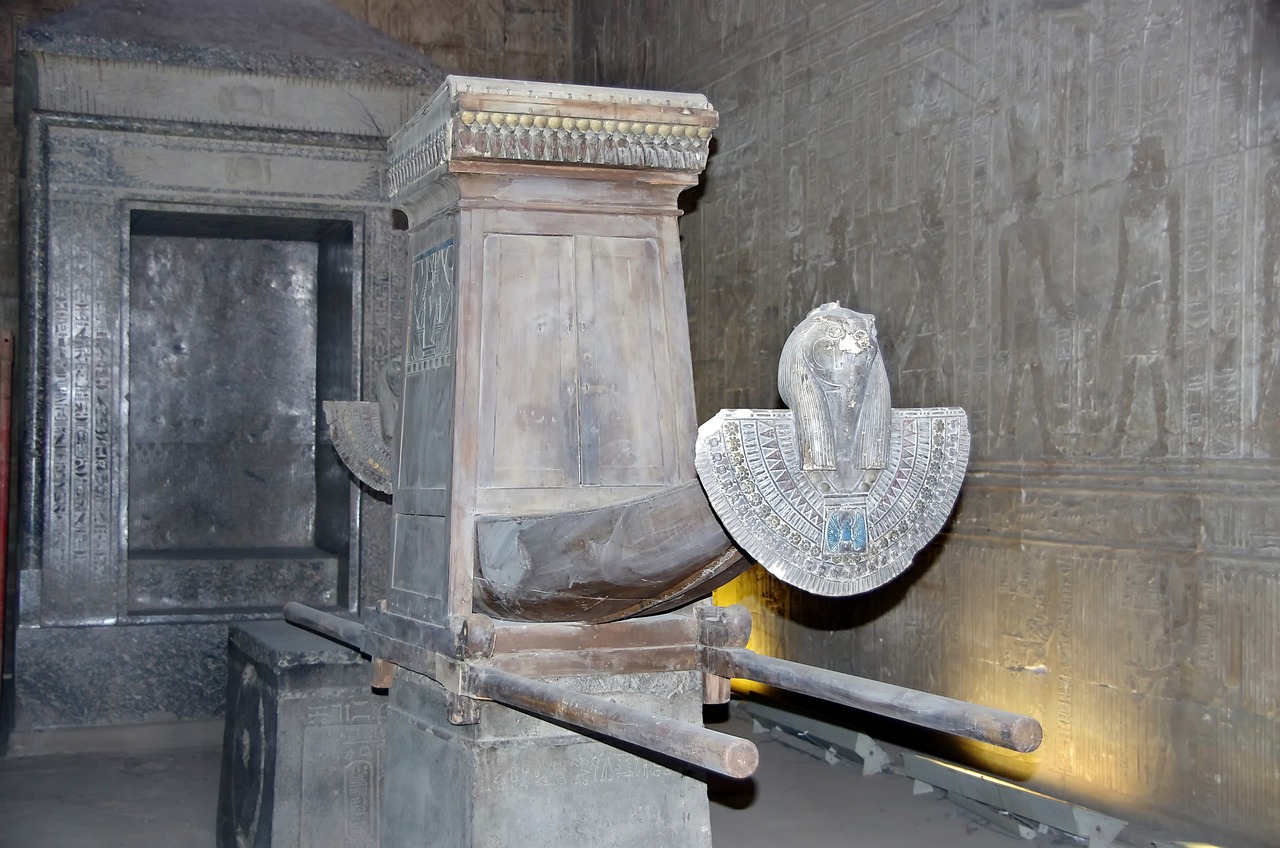
Ancient Egyptian belief systems, encompassing indigenous practices from the pre-dynastic era (4th millennium BCE) until the decline of traditional culture in the early centuries CE, present a rich tapestry of religious significance. For a more comprehensive historical overview, one can reference the history of Egypt. Overview of Beliefs and Practices The religious practices in ancient…
-
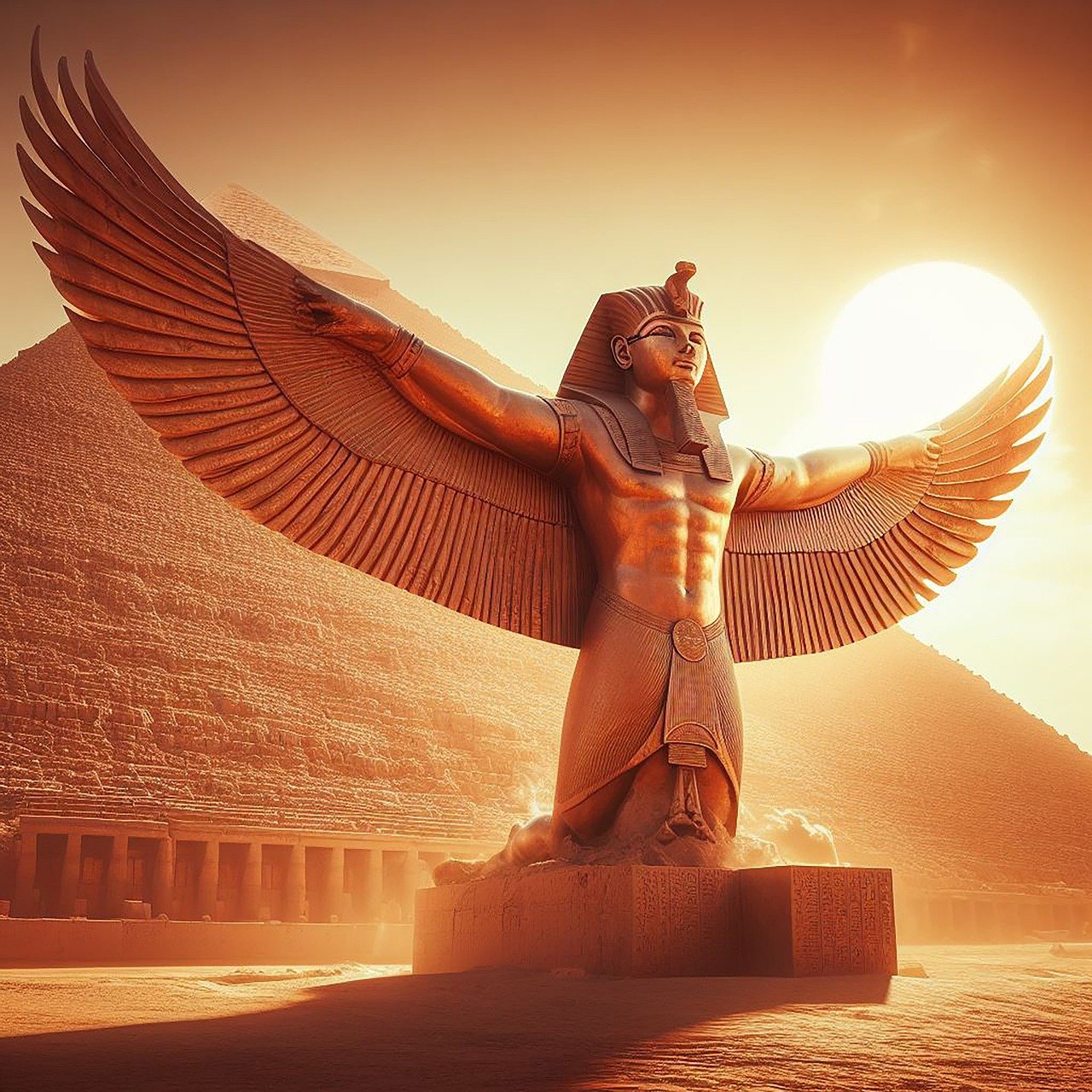
Hera, revered as the queen of the Olympian gods, embodies the Greek goddess of marriage, family, and the protector of women. Frequently depicted as a powerful matron adorned with a diadem, or as a veiled married woman, her character is both fierce and vengeful. Symbols associated with her include the pomegranate, scepter, and crown. Key…
-

Pomona, the revered Roman goddess linked to fruits and orchards, derives her name from the Latin word ‘pomum’, which signifies fruit or orchard produce. Unlike many deities in Roman mythology, Pomona was uniquely Roman, lacking a direct counterpart in Greek mythology, although some parallels are drawn to Demeter, the Greek goddess of harvest. In artistic…
-

Manannán mac Lir: The Ocean’s Spirit One of the most resonant figures in Irish mythology is Manannán mac Lir, a divine entity associated with the sea. Whether known as a Celtic god, an ancient king, a member of the Tuatha Dé Danann, or a mystical overlord of the Otherworld, his identity remains a tapestry woven…
-
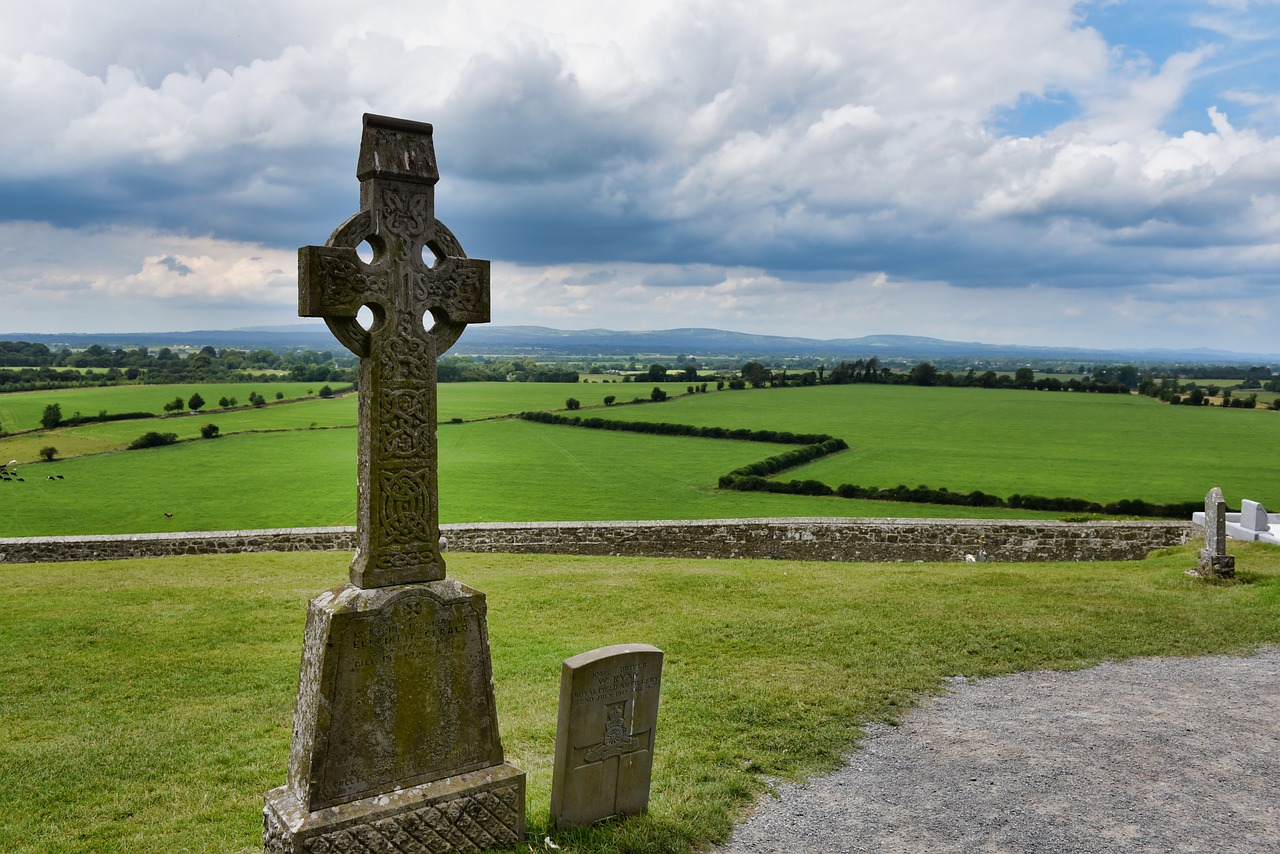
Certainly! Here’s a revised version of the provided content. Gifts for Men: Celtic Collection Jackets Celtic 1888 Hybrid Hooded Jacket Price: $61 Celtic Clover Mid Length Jacket Price: $83 Celtic Crest Packaway Jacket Price: $30 Winter Accessories Celtic Adult Beanie and Scarf Set Price: $28 Celtic Chevron Snood Price: $18 Celtic Chunky Charcoal Pom Beanie…
-
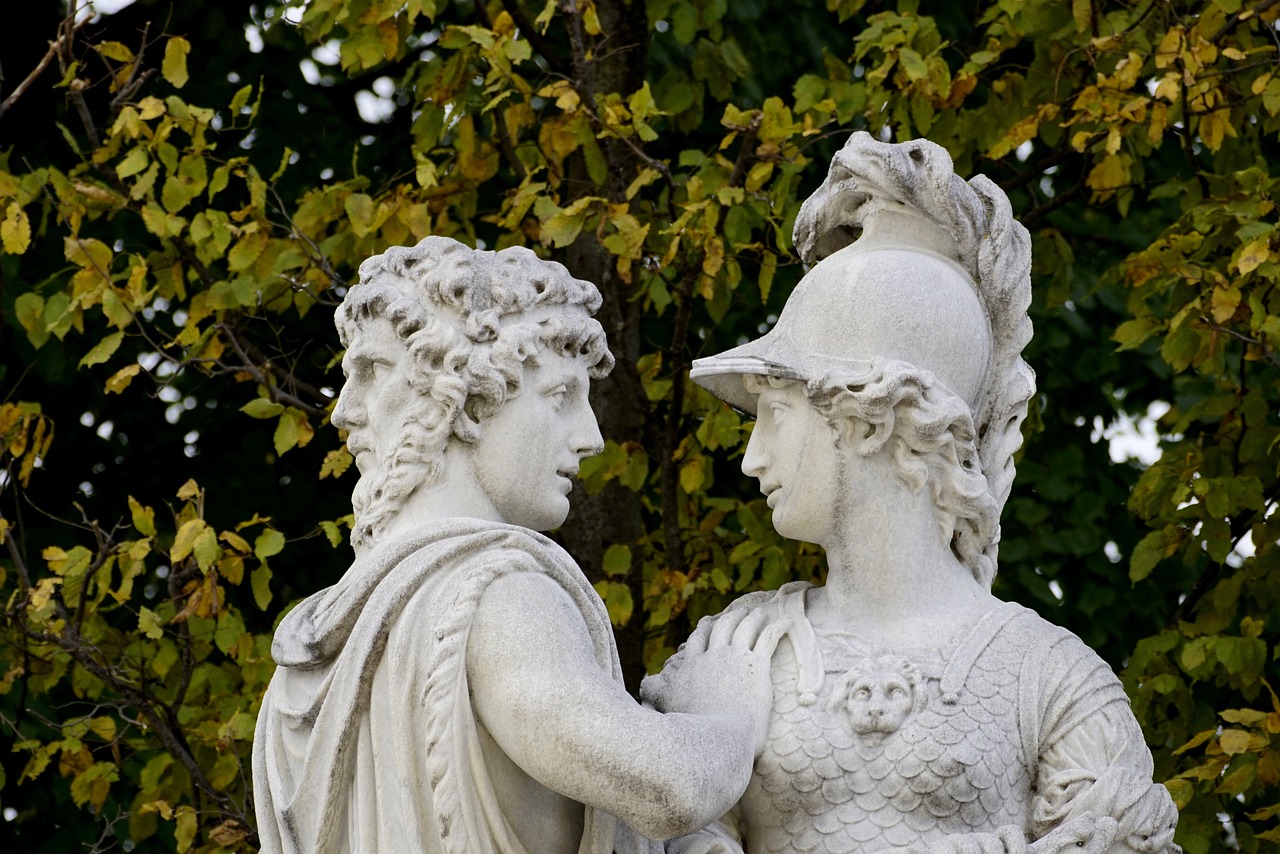
As Valentine’s Day approaches, it is fitting to delve into the figure many connect with love—Cupid! This character holds a significant place in both Greek and Roman mythology. In Greek traditions, he is referred to as Eros, standing not only for romantic love but also for the physical acts associated with it. The Romans, on…


